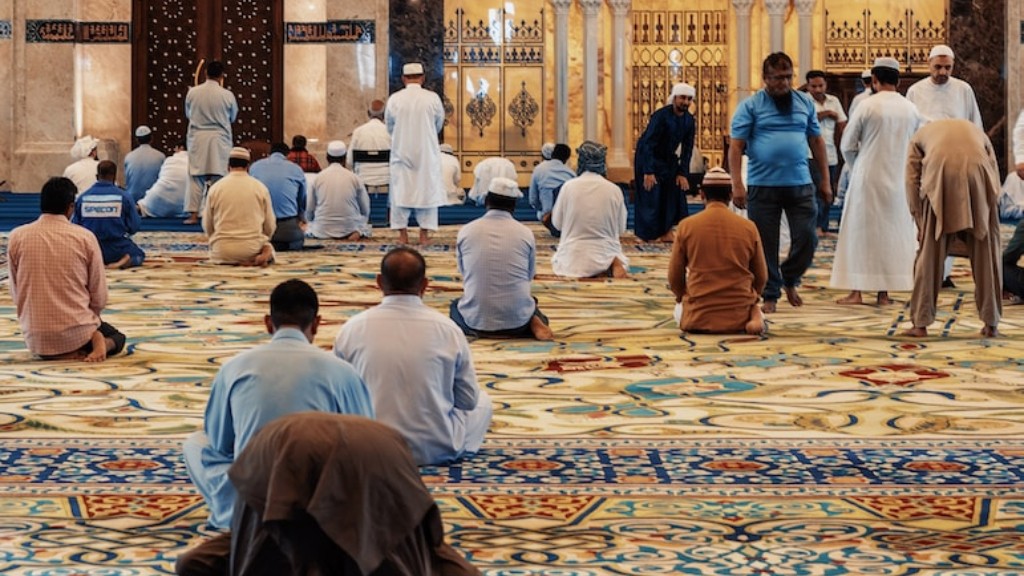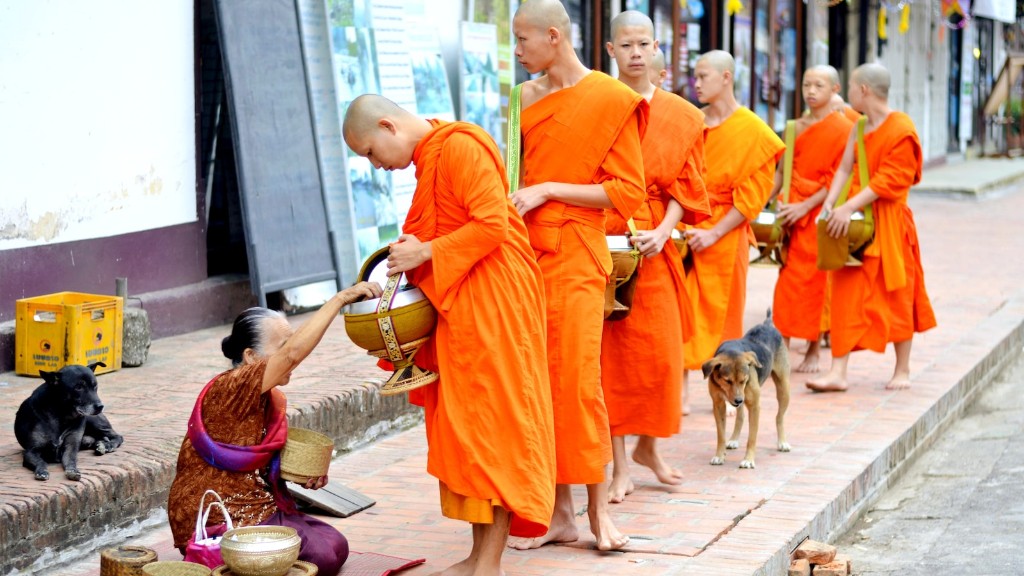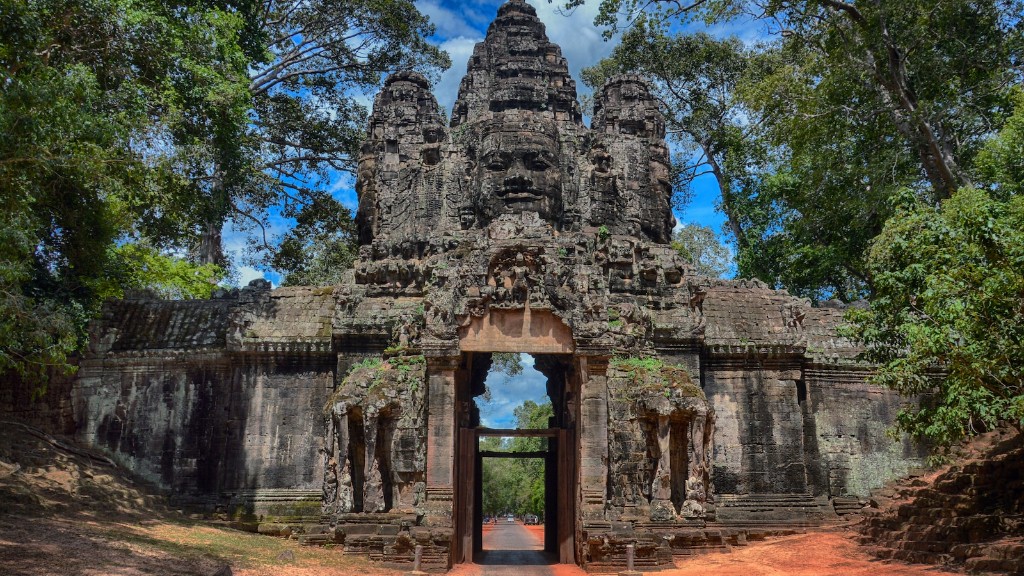What and how many gods does Hinduism recognize? Other than the popular belief that Hinduism is polytheistic – generally, Hindus are believed to believe in and worship multiple deities – the truth may in some ways be otherwise. It is true that Hinduism encompasses a great many gods and goddesses, but depending on the particular school or sect of Hinduism, the number of gods worshipped by a particular practitioner of the faith may vary considerably. Read on for an in-depth look at the many gods of Hinduism.
At its core, Hinduism is concerned with understanding and ultimately realizing the oneness of all existence. Consequently, worshipping multiple gods might understandably be viewed as unnecessary by those who adhere to more transcending schools of the religion. This is not to discount the many gods worshipped by different Hindus however. It simply highlights the fact that, depending on the particular emphasis of their faith, their beliefs and practices may differ significantly.
The Supreme Being in Hinduism is typically personified as a triad of gods called the Trimurti. These gods often take the form of Brahma (the Creator), Vishnu (the Preserver), and Shiva (the Transformer). They are venerated as the main gods of Hinduism and by many Hindus, though again, the exact differentiation between the three gods may vary. Additionally, other gods such as Lakshmi (goddess of wealth and prosperity), Rama (divine hero of the Hindu epic, the Ramayana), and Krishna (an avatar of Vishnu) are also venerated widely throughout the Hindu world.
Heavily influenced by ancient Vedic texts, Shaivism, one of the more popular traditions of Hinduism, recognizes Brahman, viewed as the highest god, as the source of all that exists in the universe. The gods then represent various aspects of Brahman. Shaiva tradition further believes that Shiva is an aspect of Brahman. Shiva himself can appear in multiple forms, such as Nataraja (Lord of Dancers) and Arthanareeswara (Half Male and Half Female). Shiva is believed to exist both at a metaphysical and physical level, the latter being especially respected in India in the form of both the sacred Shivalinga, a symbol of his divinity, and Shivalayas, small temples built in his honor.
Vaishnava tradition, on the other hand, believes that Vishnu, the Preserver and Protector of creation, is the Supreme Being. Adherents to this sect of Hinduism venerate Vishnu and his avatars – incarnations of himself in human form. Of particular reverence are the ten avatars of Vishnu, commonly referred to as the ‘Dasavathara’, among which Krishna and Rama are the most prominent.
Hinduism is not a singular, monolithic tradition. A wide variety of regional gods and goddesses are associated with the faith, many of which have been seen as aspects of greater gods over time. Popular among these are Ganesha, the remover of obstacles; Kali, a goddess associated with death, transformation and rebirth; and Durga, a goddess associated with protection and strength.
Ultimately, and as argued by many, Hinduism is concerned with the understanding of the oneness of all existence. Hence, the existence in, and acknowledgement of, a variety of gods and goddesses in Hinduism may actually serve to simply highlight and reveal the underlying unity and interconnectedness between the manifest and the unmanifest, the Absolute and the relative, the material world and the spiritual realm.
Regional Gods & Goddesses
While the major gods of Hinduism, such as Vishnu and Shiva, are revered and honored throughout India, many Hindus will also place a special emphasis on particular regional gods and goddesses. These gods and goddesses, sometimes called ‘Kuladevata’ or ‘Household gods’, are typically represented in vivid shrines and temples found in their place of origin, the region or particular locality in which the believers reside.
The regional gods and goddesses typically have strong local ties and held an enormous significance for the community. In some cases, these gods were believed to have personally revealed or blessed the families or individuals that form the community. Ancient texts and different local traditions often offer credence to the antiquity, importance, and origin of these gods and goddesses.
Today, many Hindu worshippers still express a special affinity to their family deity, participating in rituals on major festivals and adding their local gods to the panoply of gods and goddesses of Hinduism.
Veneration & Devotion
Veneration of multiple gods and goddesses within Hinduism is widespread. Different gods have inspired countless forms of bhakti or devotion and many sects venerate and practice devotion to a single deity. Popular forms of bhakti include performing poojas in Vedic temples, singing hymns, reciting mantras and offering flowers to the deity.
Practitioners of the bhakti tradition often express strong devotional feelings such as love, reverence and surrender to their chosen diety. As such, their understanding and worship of these gods can be seen as symbolic yet deeply meaningful expressions of respect, love, and surrender to the divine.
More practically, Bhakti can also serve as a form of personal spiritual practice that develops love of and remembrance of God, producing profound inner experiences and often leading to self-realization, or moksha.
The Deity Principle
The deity principle is a key concept in the Vedic tradition. Adherents to this belief state that all gods and goddesses of Hinduism are ultimately aspects of a single Supreme Being, known as Brahman. This is represented in the trimurti. According to this concept, when we worship various gods and goddesses that we are truly worshiping the core source of all existence, the one true god.
This is why in many aspects of Hinduism, many deities might be venerated during formal worship and invocation. While paying homage and reverence to multiple gods, different Hindus may also simultaneously be expressing their devotion to Brahman as the unifying source of all gods and existence as a whole.
Alternatively, in certain branches of Hinduism emphasis might be placed on expanding awareness of Brahman, oneness and ultimate truth, rather than solely venerating multiple gods. In this case, such forms of devotion is often channeled by focusing on specific mantras, sacred texts, forms of contemplation, and yogic practices, among others.
Soul’s Perspective & Life Path
At the soul level, adherents of Hinduism view particular gods as having unique powers that can positively transform our spiritual path and provide guidance along our spiritual journey. This is likely why many Hindus will offer multiple forms of obeisance and devotion to various gods of the religion, believing that doing so brings blessings, encourages spiritual progress and alignment, and helps bring joy and enlightenment in life.
Hinduism also recognizes that the spiritual needs of each soul may be different, and that our individual needs may change over time. As a result, different Hindus might choose to honor different deities, depending on their spiritual needs and life circumstances. Ultimately, it is left to the individual to decide which gods he or she chooses to worship, and why.
Diversity and Respect
Hinduism’s recognition of different gods and goddesses is a testament to the tremendous diversity and respect for different practices, beliefs and spiritual paths that is so unique and pervasive within the Hindu tradition. Various gods and goddesses of the faith all embody different qualities and traits, honouring and celebrating all aspects of life, the material and the spiritual.
The many gods of Hinduism thus reflect the amazing plurality of the Hindu tradition while ultimately still representing the single source of all existence – Brahman. And while the practice of honoring and worshipping multiple gods is widespread, it also remains true that Hinduism ultimately strives to lead believers towards understanding and realizing the oneness of all existence and the inseparability of the material and spiritual worlds.


